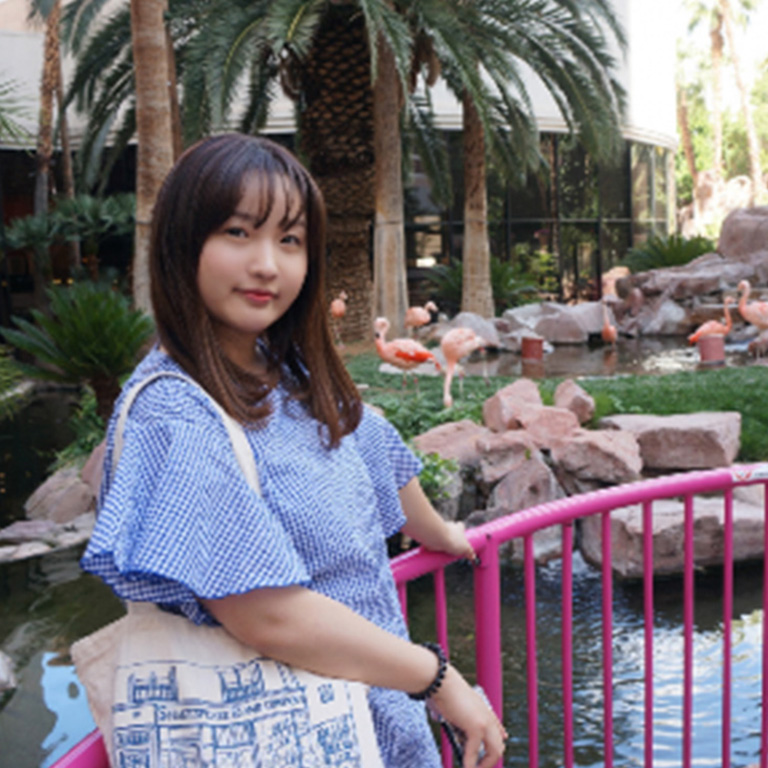There are a number of different dialects of Korean spoken on the Korean Peninsula. Since Korea is a divided country, dialects spoken in North and South Korea exhibit differences. In addition, even within South Korea, more than six regional dialects exist, though the Seoul dialect, which is spoken around the capital city of South Korea, is thought of as Standard Korean. Although most of the Korean dialects are mutually intelligible, each dialect contains their own unique characteristics. Among them, the North Kyungsang dialect, a dialect spoken in the southeast region of Korea, is one of the most salient dialects since it maintains a tone system from Middle Korean (15th-16th century).
North Kyungang Korean uses (H)igh and (L)ow tones to distinguish words. That is, words with the same segmental content can have different meanings due to distinct tone patterns as shown in the following minimal triplet: [ká.ci] HL ‘type,’ [ka.cí] LH ‘eggplant,’ and [ká.cí] HH ‘branch’ (accented syllables are associated with high tone). In North Kyungsang native words, accent is specific to each word, and the position of high tone is generally unpredictable. However, when it comes to loanwords, the combination of consonants and vowels in sequences plays an important role in the accent assignment.
My research focuses on how English loanwords are assigned accent when they are borrowed into North Kyungsang Korean. When English words are adapted into North Kyungsang Korean as loanwords, the stress pattern of the English words has no effect on the loanword accent assignment. For example, the English word ‘lemon’ has a stress on the first syllable in English, but when it is borrowed into North Kyungsang Korean it has high tone (accent) on the second syllable as in [le.món] (LH). This is not an issue of what some people call ‘stress deafness,’ since Korean speakers are very good at hearing where the English stress is. When Korean speakers pronounce the English word ‘lemon’ they will certainly get the stress correct. This raises an interesting question: if Korean speakers are very good at perceiving the English stress, then how do the English words come into North Kyungsang Korean and have different accent patterns? This reflects the fact that there is a pattern of accent assignment that is specific to English loanwords, and this pattern has nothing to do with English.
After looking at thousands of loanwords from English, here is a brief summary of my findings: In North Kyungsang English loanwords, high tone is generally attracted by heavy syllables (syllables with a lot of material in them) and among heavy syllables the ones toward the beginning of a word have priority to get assigned high tone. Moreover, if the initial syllable is heavy, high tone is generally assigned on the first two syllables of the loanword (e.g. [pín.tʰí.tɕi] HHL ‘vintage’); otherwise, if the penultimate syllable is heavy and the initial syllable is light, high tone is assigned on the penultimate syllable (e.g. [o.ɾén.tɕi] LHL ‘orange’); otherwise, if the final syllable is heavy and all the other syllables are light, high tone is assigned on the final syllable (e.g. [ɕi.na.món] LLH ‘cinnamon’); and finally, if there is no heavy syllable in a loanword, high tone is assigned on the penultimate syllable as a default pattern (e.g. [mo.ní.tʰʌ] LHL ‘monitor’). Recently, there have been certain changes going on in this loanword tone assignment pattern among younger speakers, so part of my dissertation is also documenting this change in progress and trying to explain why the change is happening.

 The College of Arts
The College of Arts